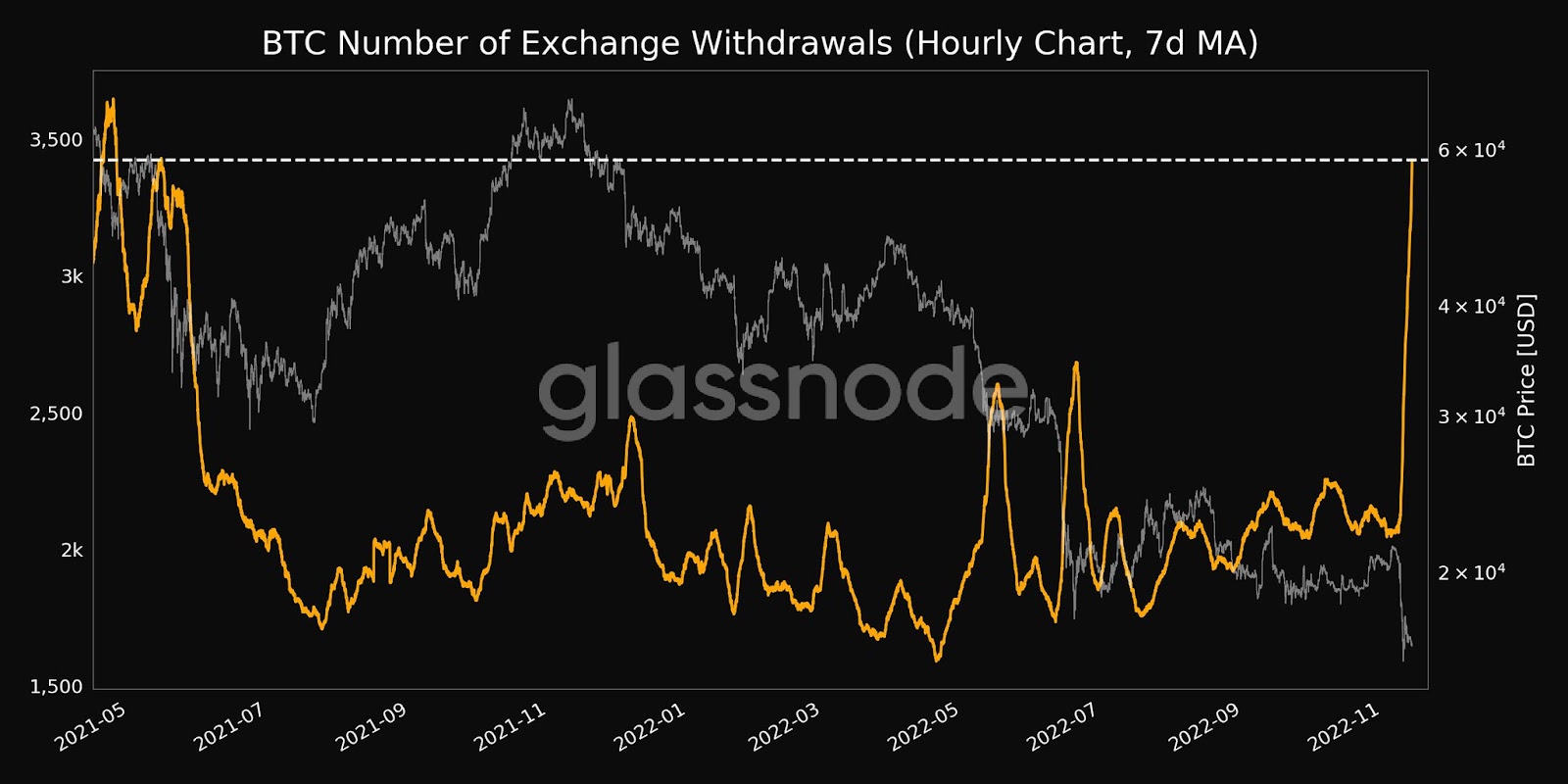Michael Saylor said that self-custody is vital to stop powerful players from amassing and misusing their influence, while Binance CEO Changpeng Zhao saw it as a “fundamental human right.”

Industry titans have urged cryptocurrency traders and investors to take custody of their own crypto assets in light of the huge market uncertainty caused by the demise of FTX.
Self-custody education should be among the first things newcomers learn, according to industry proponents, as it is a vital component of self-sovereignty.
Changpeng “CZ” Zhao, CEO of Binance, urged the cryptocurrency community to use self-custody crypto wallets to keep their own cryptocurrency in a tweet to his 7.6 million followers on November 13.
“Self custody is a fundamental human right. You are free to do it anytime. Just make sure you do it right”, he advised, encouraging investors to begin with small sums in order to become familiar with the technology and tooling first.
During the Pacific Bitcoin conference on November 10–11, MicroStrategy executive chairman Michael Saylor spoke about the advantages of self-custody in light of the present market conditions.
Self-custody, according to Saylor, shields the network and its users from corruption by powerful actors and gives investors property rights:
“In systems where there is no self-custody, the custodians accumulate too much power and then they can abuse that power.”
“So self-custody is very valuable for this broad middle class, as it tends to create […] this power of checks and balances on every other actor in the system that causes them to be in continual competition to provide transparency and virtue,” he explained.

Additionally, Saylor argued that self-custody is crucial for preserving the reliability and security of blockchains since it promotes decentralization: “If you can’t self-custody your coin, there’s no way to establish a decentralized network.”
Recent events that occurred last week seem to have already pushed a lot of traders and investors in the direction of self-custody options.
The volume of Bitcoin withdrawals on controlled exchanges has increased to a 17-month high since the abrupt collapse of FTX in early November according to on-chain analytics company Glassnode. Net inflows into self-custody wallets have also increased at the same time.

Since last Tuesday, when the FTX situation started to spin out of hand, the smart contract wallet Safe, formerly known as Gnosis Safe, has reported over $800 million in net inflows.
Ledger, a maker of hardware-based cryptocurrency wallets, encountered difficulties as a result of the outflow from centralized exchanges brought on by the FTX crisis because of scalability challenges.
The Trust Wallet (TWT) token, a self-custody wallet that Binance acquired, likewise rose 84% to $2.19 over the previous 48 hours before falling to $1.83, according to CoinGecko. The token enables token owners to take part in choosing how the wallet functions and what technical updates are to be made.